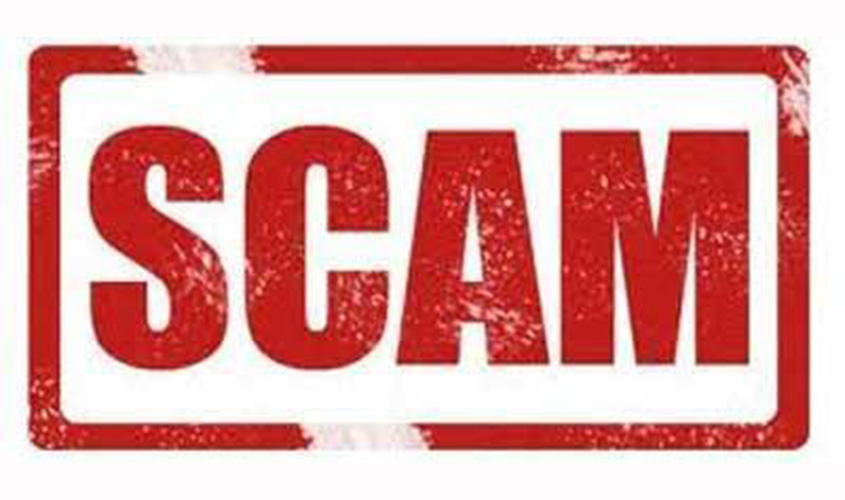An internal investigation carried out by the Trade and Taxes Department of the Delhi government has revealed that more than 100 fictitious firms are involved in a multi-crore Value Added Tax (VAT) scam. The involvement of the internal staff and touts of the state’s Trade and Taxes Department is strongly suspected, sources told The Sunday Guardian.
The scam is going on through the refunds of taxes by using fake bills of interstate sale and purchase in the department, sources said. Sources added that “initial inquiries have revealed that a nearly Rs 5,000-crore VAT scam is flourishing in Delhi’s Trade and Taxes Department, although the exact loss of revenue to the exchequer will be known after a thorough investigation.”
A VAT official told this reporter that “in several states, the Enforcement Directorate (ED) has registered cases against these shell companies, but involvement of internal staff and touts in the department is facilitating their routine counterfeit work.”
A senior Sale Tax official added that “preliminary inquiries carried out by VAT officers have revealed that false bills had been submitted to avail the input tax benefit by these companies.”
“These firms had shown interstate sales to claim fake refunds and used C-forms as money guarantee. However, the net of these shell companies is said to be spread across the nation; the most vulnerable centres are Delhi, Gujarat, Rajasthan Haryana and Uttar Pradesh,” he added.
It was also discovered that despite being blocked from downloading the C-form, these dealers in collusion with the internal staff and touts in the Trade and Taxes Department of the Delhi government are managing to download the C-form
Explaining the modus operandi of these shell companies, Sumit Kumar, a Delhi-based charted accountant said: “These shell companies have registered themselves with the ROC just to manage the refund claim business and the scam is more or less similar to that of money laundering.”
“The Trade and Taxes Department contributes 70% to the government revenue and the loss in terms of money is huge,” Kumar, added.
According to him, these false companies don’t carry any business activity either by way of purchase or sale of goods. All transactions are carried out by issuing bills to the intending purchasers, without any transfer of goods. Subsequently, the purchasing companies claim the input tax credit on the basis of these fabricated bills.
The VAT amendment bill 2016 was passed by the Aam Aadmi Party-led Delhi government. Several changes were introduced to prevent the theft, but existing loopholes seem to enable the spurious companies to avail the input tax benefit through fake bills.

